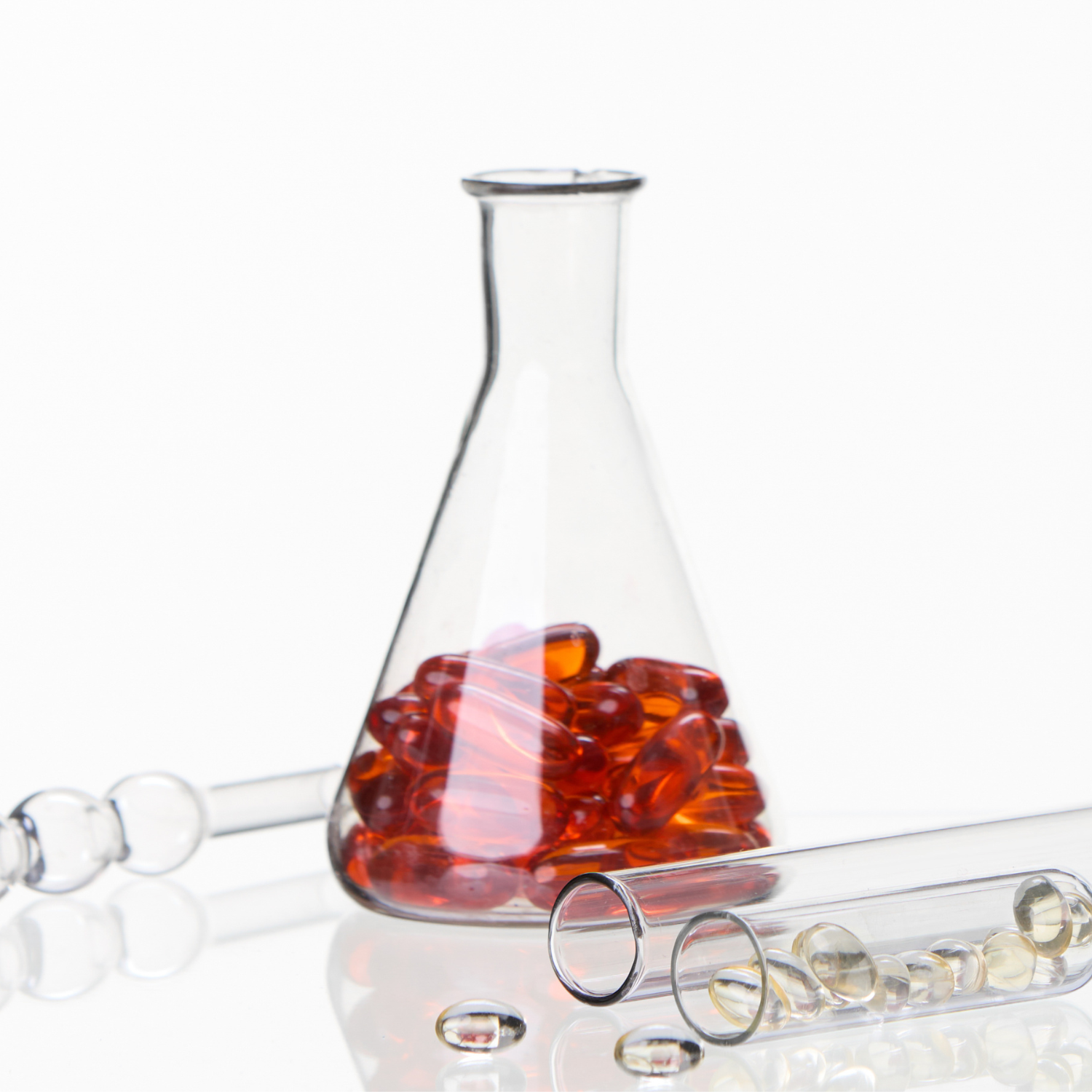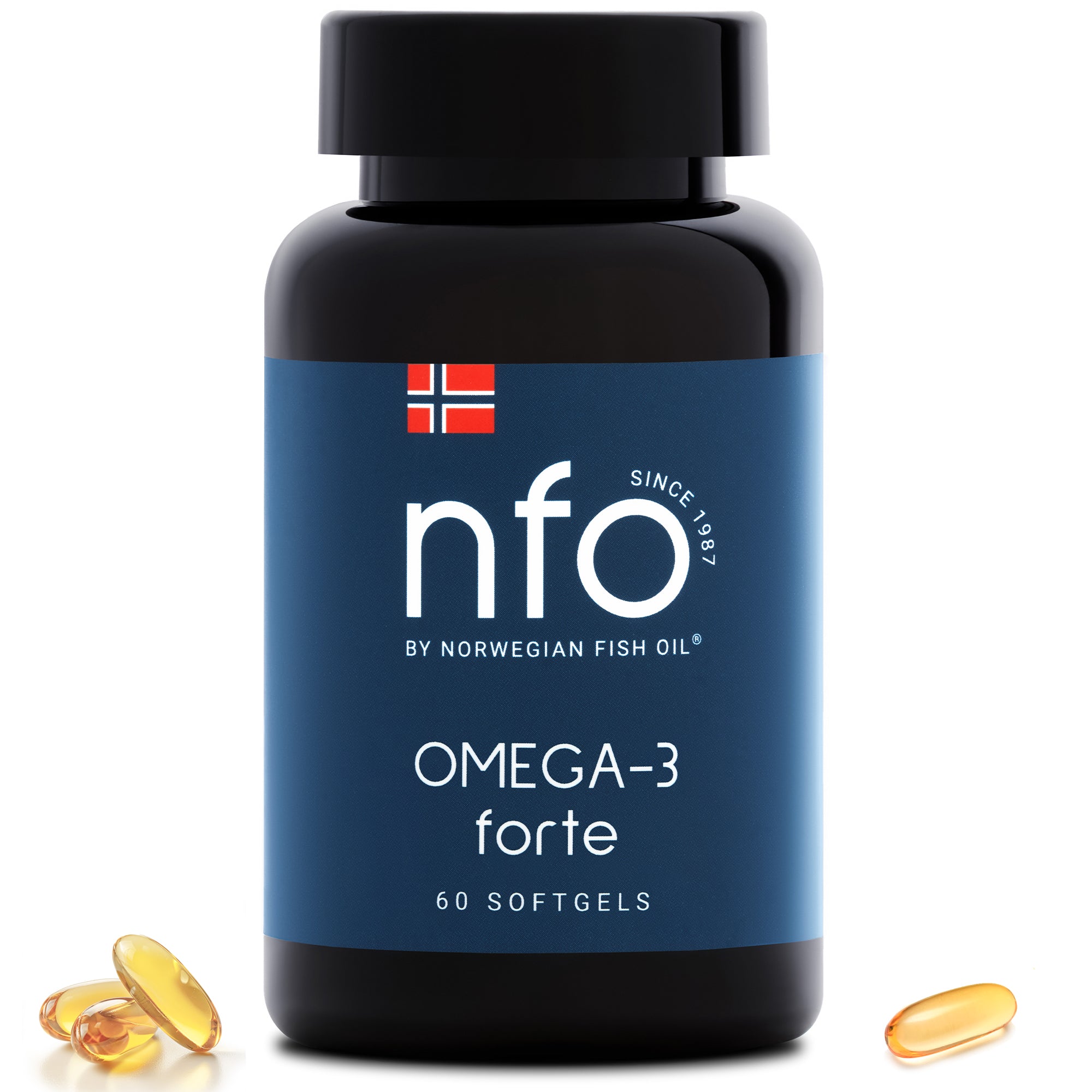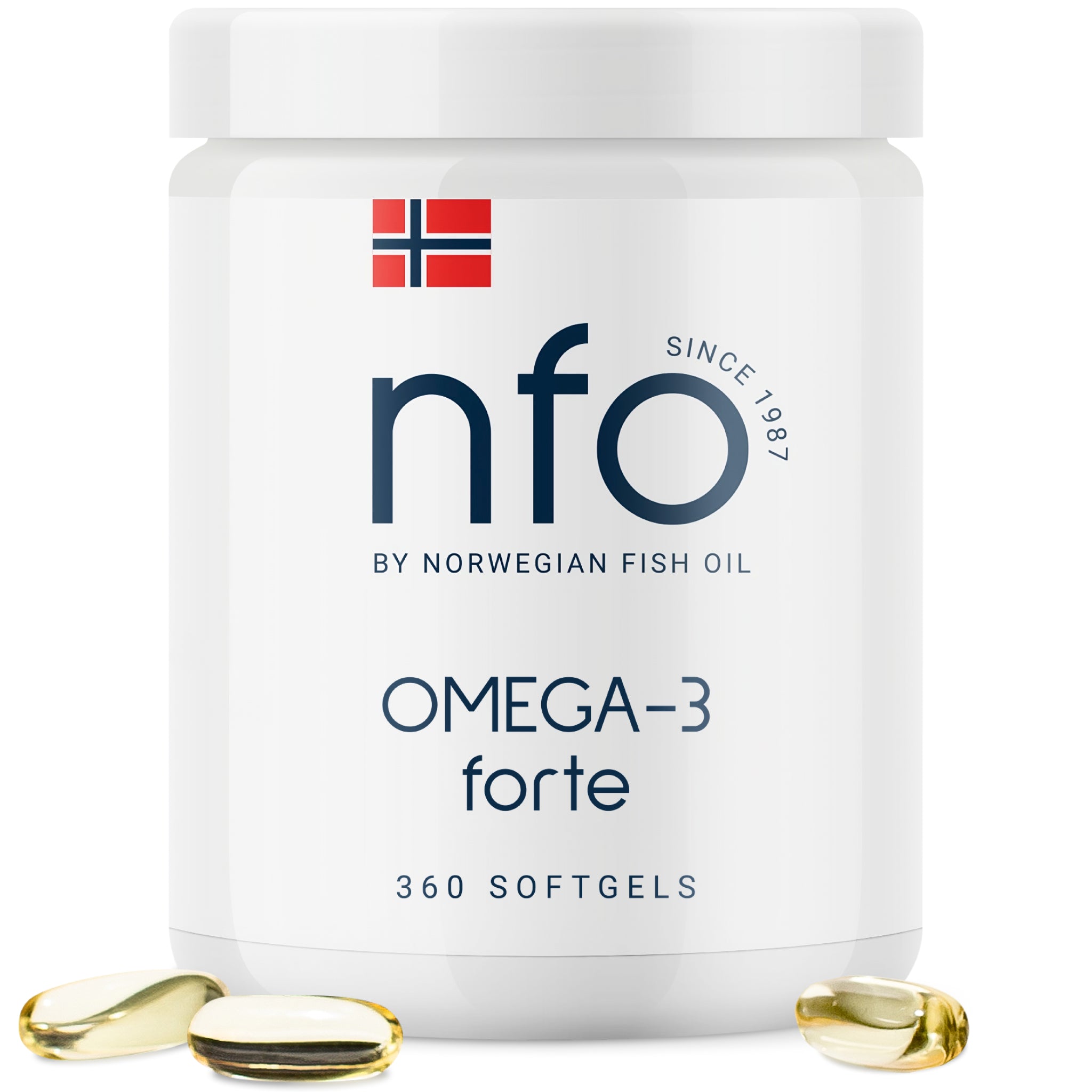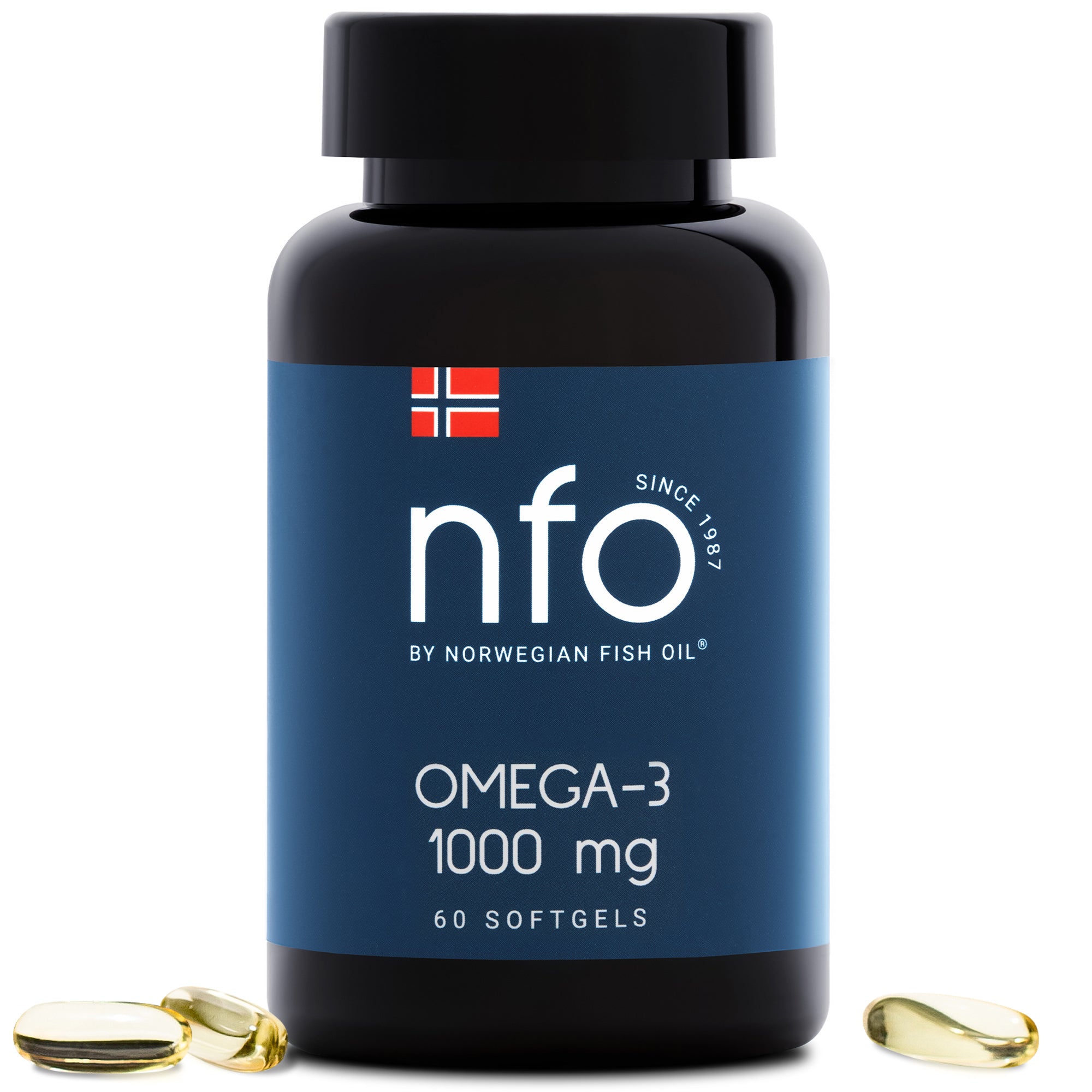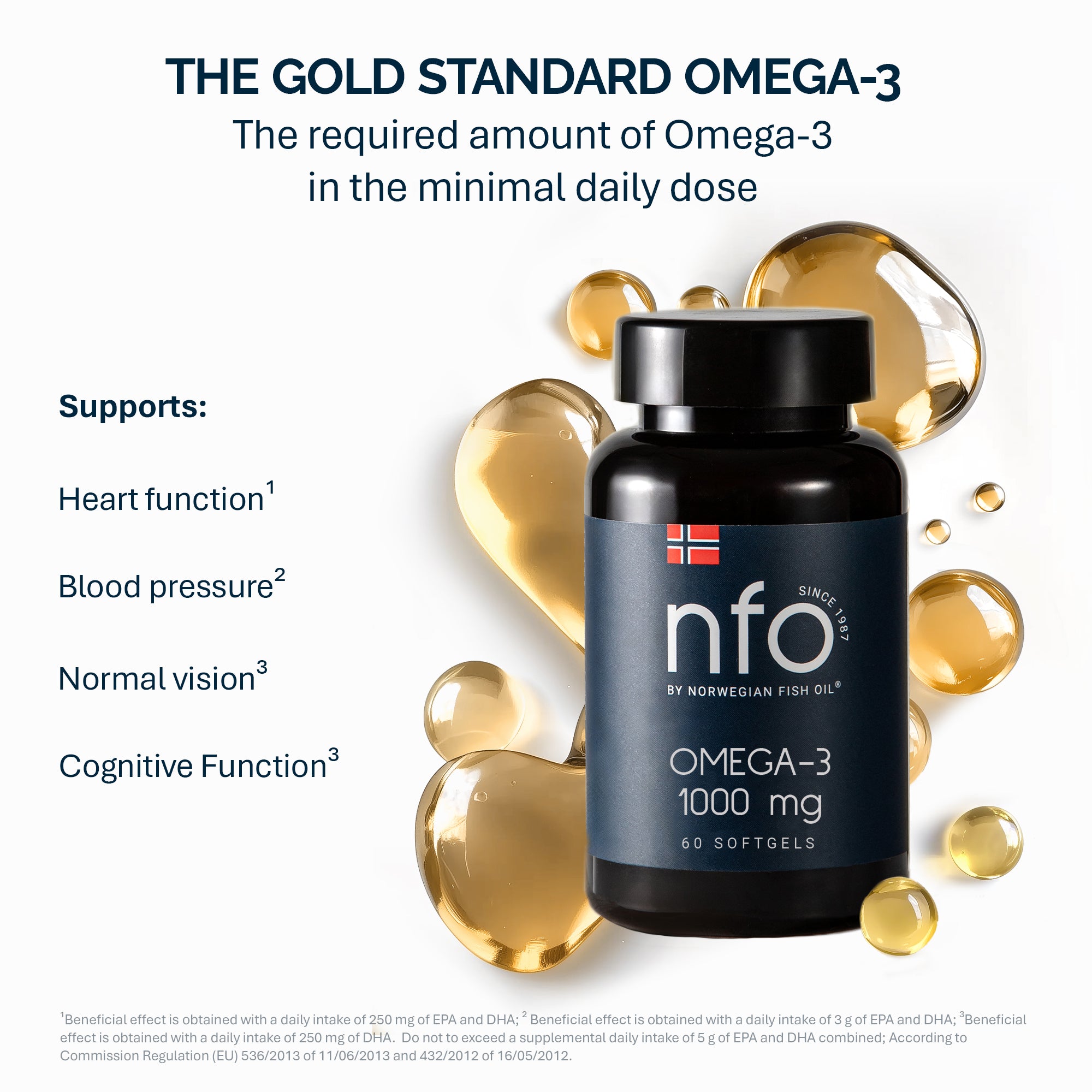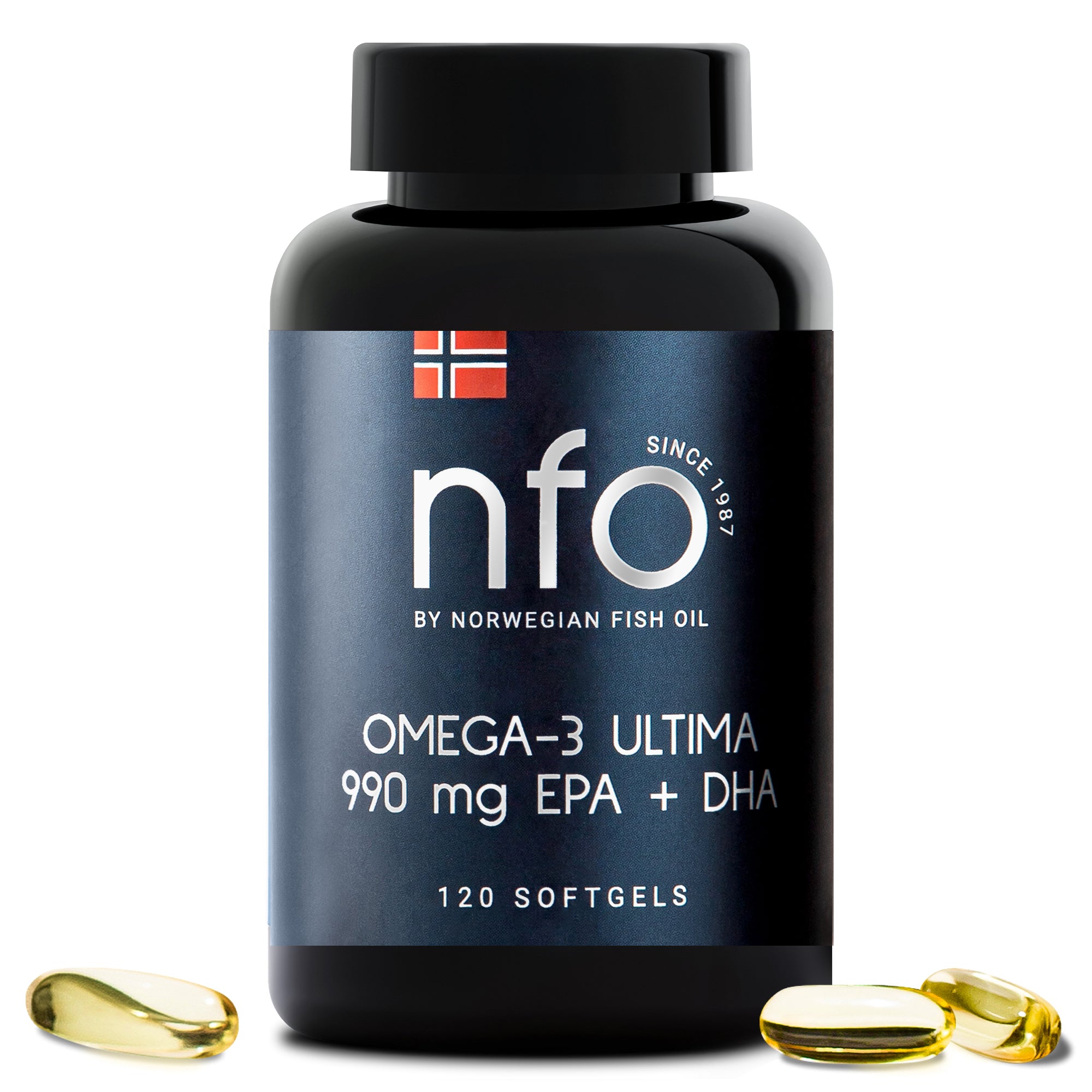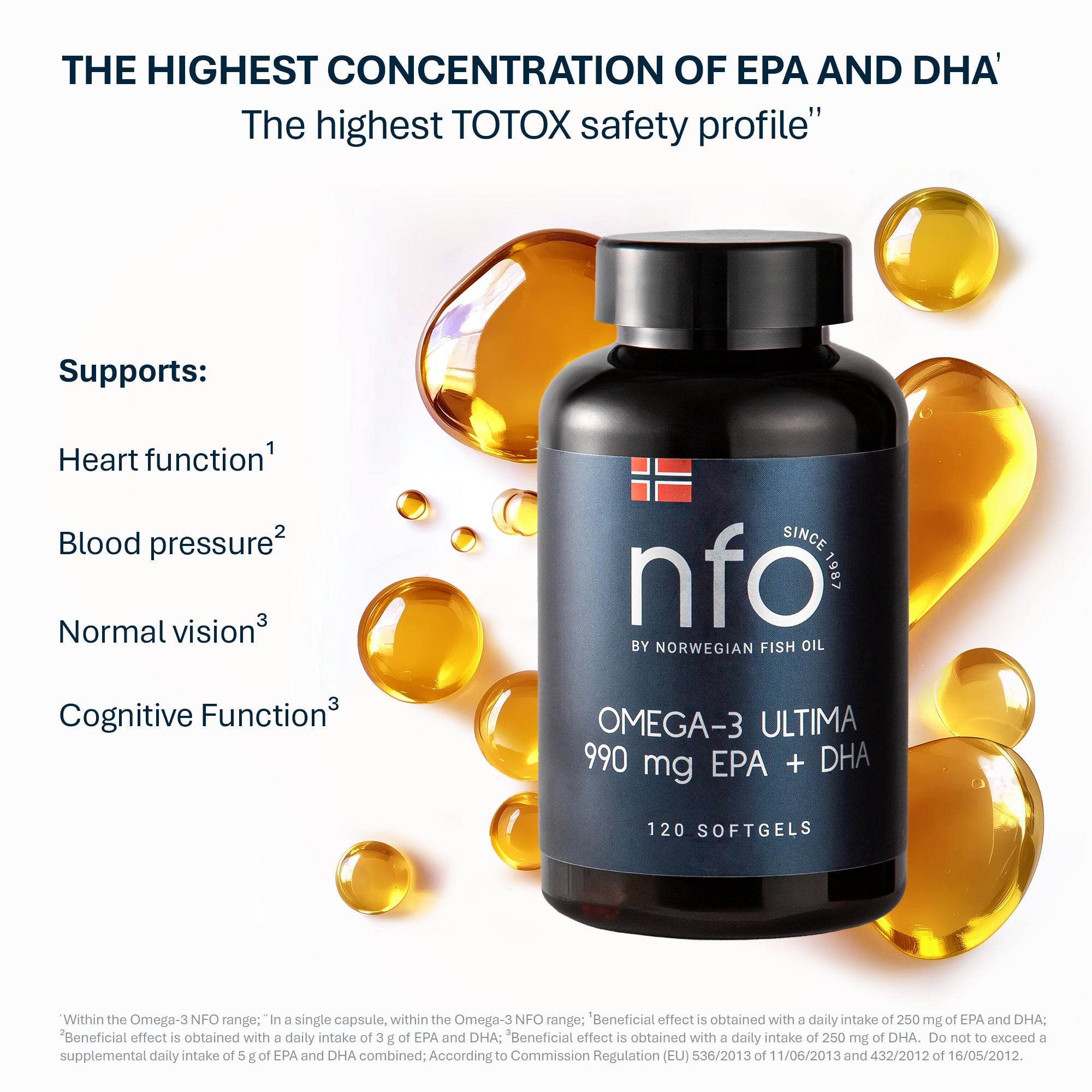Perimenopause is a natural life stage, but it often comes with uncomfortable changes. This guide explains what perimenopause is, common symptoms and their causes, and how natural supplements might help. We’ll also touch on healthy lifestyle tips and provide evidence from scientific studies.
What is Perimenopause?
Perimenopause (meaning “around menopause”) is the transition phase leading up to menopause. It can last several years (often about four years on average) and usually begins in a woman’s mid to late 40s. During perimenopause, the ovaries gradually produce less estrogen and progesterone. Hormone levels fluctuate unevenly, causing irregular menstrual cycles and eventually very low hormone levels as menopause approaches. In simpler terms, your body is slowly shifting out of its reproductive years.
A key sign of perimenopause is menstrual irregularity. Periods might come unpredictably – you could skip months or have cycles that are longer or shorter than before.
You’re officially in menopause only after 12 consecutive months without a period, so perimenopause covers all the time “around” that event.
It’s a normal process, but the hormonal ups and downs can trigger various symptoms.
Common symptoms and why they happen
Every woman’s experience is different. Some go through perimenopause with few issues, while others have noticeable symptoms. Here are some common symptoms and the reasons behind them:
-
Hot flashes and night sweats: sudden feelings of heat, flushing, and sweating (especially at night) are very common. These vasomotor symptoms happen because shifting estrogen levels affect the body’s temperature regulation. When estrogen drops, it can confuse the brain’s thermostat, triggering a hot flash or sweat episode.
-
Sleep problems: many women have trouble sleeping during perimenopause. Often, it’s due to night sweats waking them up. But even without night sweats, hormone changes can disrupt sleep patterns. Poor sleep can then feed into other issues like fatigue and irritability.
-
Mood swings and irritability: fluctuating hormones (and lack of sleep) can make moods change quickly. Some women feel more anxious, blue, or irritable than usual. Estrogen interacts with brain chemicals like serotonin, so uneven hormone levels might contribute to these emotional ups and downs. It’s worth noting that midlife stressors can also affect mood, so there’s a mix of factors.
-
Irregular periods: as ovulation becomes erratic, periods become irregular. You might have shorter or longer cycles, skipped periods, or changes in flow (lighter or heavier bleeding). This happens because without consistent ovulation, the balance of estrogen and progesterone changes from month to month.
-
Vaginal dryness and bladder changes: lower estrogen especially in later perimenopause can cause the vaginal tissues to become drier and less elastic. This can lead to discomfort or pain during sex and may increase the risk of vaginal or urinary infections. Some women also experience a bit of urinary incontinence (leaking) when estrogen declines, as the pelvic tissues lose some strength.
-
Reduced fertility: during perimenopause, it’s harder to get pregnant due to irregular ovulation. However, pregnancy is still possible until you reach menopause (no period for 12 months), so women who wish to avoid pregnancy should continue using contraception in perimenopause.
-
“Brain fog” and memory changes: some women report difficulty concentrating or mild memory lapses. While aging plays a role, menopause transition can contribute – possibly linked to sleep disturbances or hormonal effects on the brain.
-
Bone density loss and cholesterol changes: behind the scenes, your body is undergoing changes you may not feel day-to-day. Dropping estrogen can lead to bone loss, increasing the risk of osteoporosis over time. Cholesterol levels may shift too – often LDL (bad) cholesterol goes up and HDL (good) cholesterol goes down, which could raise heart risk. This is why a healthy diet and lifestyle become especially important (more on that later).
Not every woman will have all these symptoms. You might experience only a couple of them, or they might come and go. The intensity also varies – for example, hot flashes can be mild or very disruptive. Understanding that hormones are a driving factor can help make sense of these changes. It also sets the stage for how certain natural supplements might offer some relief by targeting these hormone-related symptoms.
Natural supplements that may help
Many women look for natural ways to cope with perimenopausal symptoms. While hormone replacement therapy (HRT) is a standard medical treatment, not everyone can or wants to use it. Natural dietary supplements – like herbal remedies and vitamins/minerals – are popular alternatives. It’s important to have realistic expectations: these supplements are not a guaranteed cure, and results can vary from person to person. However, there is scientific research suggesting some may provide relief. Below we introduce several common natural supplements with a summary of what studies have found:
-
Black cohosh: black cohosh is a herb long used for menopausal symptoms (from Native American traditional medicine). It’s most known for potentially easing hot flashes and night sweats. Scientific evidence for black cohosh is mixed. Some studies found it can reduce menopausal symptoms like hot flashes. A 2017 review of 47 trials concluded that black cohosh was more effective than placebo for relieving vasomotor symptoms (hot flashes). However, other high-quality reviews have found no consistent benefit over placebo. Major gynecological organizations have noted that data is inconsistent, so we aren’t 100% sure it works in all cases. That said, many women do try black cohosh and some report improvement. On the safety side, short-term use (up to 6-12 months) appears to have a low incidence of side effects in studies. Mild digestive upset or rash are possible in some people. Because of the mixed evidence, black cohosh can be considered a “might help, won’t harm” option for hot flashes – just monitor your symptoms and always inform your doctor, especially if you have liver issues or take other medications.
-
Red clover (isoflavones): red clover is a plant that contains isoflavones – compounds that act as phytoestrogens (plant-based estrogen-like substances). These can weakly bind to estrogen receptors in the body. The idea is that they might help compensate for the estrogen drop and ease symptoms like hot flashes. Research on red clover is also inconsistent. Some studies show benefits: for example, a 2016 analysis found red clover supplements improved vaginal dryness and atrophy in menopausal women, and may modestly reduce the frequency of hot flashes (especially in women who have 5 or more hot flashes per day). A small 2017 trial in perimenopausal women likewise found that a red clover extract (with probiotics) significantly reduced hot flashes and night sweats compared to placebo. On the other hand, not all trials see an effect, and there’s no guarantee it will work for everyone. Red clover’s effects on mood, sleep, or sexual function aren’t clearly proven (studies have shown little change in those areas). The good news is that red clover appears to be safe; clinical studies up to 3 years long reported no serious safety concerns. If you can’t or don’t want to use hormonal therapy, a red clover supplement (or diet rich in isoflavones like soy) might be worth discussing with your healthcare provider for managing milder symptoms.
-
Magnesium: magnesium is a mineral involved in hundreds of bodily processes, including nerve and muscle function, sleep regulation, and mood. It’s sometimes called the “relaxation mineral” because of its calming effect on the nervous system. For perimenopausal women, magnesium supplements are often suggested to help with sleep problems, anxiety, and mood swings. Emerging research supports these uses. A recent review (2023) of clinical studies found that magnesium supplementation can improve symptoms of depression and may help with mood regulation. Separate analyses have shown magnesium can also benefit sleep quality and reduce anxiety in a number of studies. In other words, many women sleep better and feel less anxious on magnesium – especially if they had a deficiency to begin with. Magnesium may not directly stop hot flashes, but by improving sleep and stress resilience it can indirectly make the menopause transition easier. It also supports bone health (important as estrogen declines) and heart health. Magnesium is available in various forms (magnesium glycinate, citrate, etc.), which differ in absorption and effects. Doses around 200–400 mg are common for supplementation. One caution: high doses can cause diarrhea or stomach upset (magnesium is also a laxative), so it’s wise to start with a moderate dose. Overall, ensuring adequate magnesium – through diet (nuts, leafy greens) or a supplement – is a simple, natural step that might ease several perimenopausal symptoms.
-
B Vitamins (B6, B9 Folate, B12): the B-group vitamins are essential nutrients that play key roles in cell metabolism, energy production, brain function, and hormone balance. During perimenopause, it’s crucial not to be low in B vitamins, as they can influence neurological health and even how we feel emotionally. Vitamin B6, for instance, helps in creating neurotransmitters (like serotonin) that regulate mood. Some research suggests a higher intake of B6 is associated with a lower risk of depression in older adults, including women going through menopause. B6 is sometimes recommended to help with mood swings or PMS-like symptoms in perimenopause. Vitamin B12 (along with B6 and folate) supports cognitive function – memory, clarity of thought, and nerve health. Ensuring good B12 levels may help counter the “brain fog” or forgetfulness that some women report around menopause. Additionally, being low in B12 or B6 over time can contribute to anemia and fatigue, which you definitely don’t want on top of hormonal fatigue. Folate (Vitamin B9) is another B vitamin worth mentioning – a 2013 clinical study found that folic acid supplements reduced the number and severity of hot flashes in menopausal women. This is interesting because it suggests B vitamins might even influence vasomotor symptoms. In general, a good Vitamin B-Complex supplement or a diet rich in B vitamins (whole grains, poultry, eggs, leafy greens, legumes) can support overall well-being during perimenopause. These vitamins help your body cope with stress and maintain energy. They are water-soluble (excess gets excreted), but it’s still best to stick to recommended doses unless advised otherwise by a doctor.
-
Omega-3 fatty acids (from fish oil): omega-3s are known for their anti-inflammatory and heart-health benefits. They may also be helpful for menopausal mood changes and some physical symptoms. There’s promising evidence that omega-3 supplements can improve mental well-being in perimenopause. In one placebo-controlled trial, 120 women (ages 40–55) took 1 gram of EPA (an omega-3 from fish oil) daily for 8 weeks. The results were significant: the omega-3 group had marked improvements in psychological distress and mild depression symptoms compared to those on placebo. In fact, this study was the first to show omega-3s can effectively treat common menopause-related mood problems. Women in the omega-3 group also reported fewer hot flashes – on average, they experienced about 1.1 fewer hot flashes per day than the placebo group, which was a similar magnitude of improvement to some hormone therapies. (Notably, the women only had around 2–3 hot flashes per day at baseline, so a reduction of 1 per day was quite meaningful.) That said, not all research on omega-3s has shown such dramatic benefits; some reviews find mixed results on whether fish oil supplements reduce hot flash frequency or improve sleep quality. But because omega-3 fatty acids support brain health, mood stability, and cardiovascular health, many experts still encourage midlife women to get enough omega-3s (either by eating oily fish like salmon or taking a high-quality fish oil supplement). Omega-3 supplements are generally safe; the main side effects can be fishy aftertaste or mild gastrointestinal upset in some people. They also have blood-thinning effects, so check with a doctor if you are on blood thinners. Overall, omega-3s are a wholesome supplement that may help mood and have plenty of other health benefits as you enter menopause.
Before starting any new supplement, it’s important to consult with a healthcare provider, especially if you have any medical conditions or take other medications. “Natural” supplements can still have side effects or interactions. Your doctor can help you decide which supplements are appropriate for your situation. They can also advise on dosage and monitor your progress.
Lifestyle tips for Perimenopause wellness
Natural supplements work best as a complement to a healthy lifestyle. How you eat, move, and manage stress can make a big difference in perimenopausal symptoms and overall health. In fact, many of the long-term changes (like bone loss or higher heart risk) can be countered with lifestyle habits. Here are some key lifestyle approaches:
-
Healthy diet: focus on a balanced diet rich in fruits, vegetables, whole grains, lean proteins, and healthy fats. A nutrient-dense diet helps combat the increased risk of osteoporosis and heart disease that comes with menopause. Make sure to get adequate calcium and vitamin D for bone health (for example, through dairy or fortified plant milk, leafy greens, and sunlight for vitamin D). It’s also helpful to include foods high in phytoestrogens – such as soy products (tofu, edamame), flaxseeds, and legumes – which might mildly ease symptoms for some women. At the same time, observe if certain foods or drinks trigger your symptoms. Alcohol and caffeine in particular can worsen hot flashes or sleep problems in some women; if you notice a pattern, try cutting back on those triggers. Staying well-hydrated and limiting spicy foods (a common hot flash trigger) may also be beneficial.
-
Regular exercise: staying active has multiple benefits during perimenopause. Exercise can help stabilize mood, improve sleep quality, and maintain a healthy weight (since metabolism can slow down in midlife). Weight-bearing and muscle-strengthening exercises are especially important for preserving bone density. Aim for at least 30 minutes of moderate exercise most days – this could be brisk walking, jogging, cycling, swimming, or your favorite fitness class. Strength training (using weights or bodyweight exercises like yoga) 2–3 times a week is great for bones and muscle tone. Exercise also releases endorphins, which are natural mood lifters and stress relievers. Even gentle activities like walking or tai chi can reduce tension and potentially help with symptoms. Tip: Try not to exercise too close to bedtime, as it can energize you; earlier in the day is better if you have sleep issues.
-
Sleep hygiene: getting enough sleep is crucial, yet it can be challenging if night sweats or insomnia strike. To improve sleep, keep a regular sleep schedule (going to bed and waking up at consistent times). Create a cool, comfortable bedroom environment – using a fan or breathable bedding can help with night sweats. Avoid caffeine in the late afternoon or evening, as it can make it harder to fall asleep. Similarly, avoid heavy meals, alcohol, or excessive screen time close to bedtime, as these can disrupt sleep cycles. If you can, develop a calming pre-sleep routine: perhaps a warm shower, reading a relaxing book, or gentle stretches. Some women find practicing mindfulness or deep breathing before bed helps calm a racing mind.
-
Stress management: chronic stress can actually amplify perimenopause symptoms like mood swings and even hot flashes. Finding ways to manage stress will not only help those symptoms but improve your overall quality of life. Consider incorporating relaxation techniques into your routine. Yoga, meditation, progressive muscle relaxation, or even just a daily walk in nature can lower stress hormones. In fact, mind-body practices such as yoga have been found to reduce the frequency and intensity of hot flashes and improve mood in menopausal women. Even a simple breathing exercise when you feel a hot flash coming on might lessen its intensity. Practiced regularly, these techniques promote resilience and a sense of well-being during the menopausal transition. Additionally, don’t hesitate to seek support – talking to friends who are going through the same thing, or consulting a counselor, can provide emotional relief. Remember, self-care is not selfish during this time; it’s essential.
-
Other healthy habits: if you smoke, this is a great time to quit. Smoking can worsen hot flashes and is linked to earlier menopause and higher health risks. Limiting heavy alcohol use will likewise help your long-term health. Make sure to schedule regular check-ups with your healthcare provider; they might recommend health screenings (like bone density tests or heart health checks) as you near postmenopause.
Combining lifestyle approaches with targeted supplements often works best. For example, magnesium or herbal supplements might help you sleep, but you’ll get a double benefit if you also practice good sleep habits and stress reduction. Think of it holistically: nutrition, exercise, mind-body care, and supplements can all work together to support you through perimenopause.
Embracing the Transition
Perimenopause is a unique journey for each woman. It’s a time of change, and while some changes are uncomfortable, it’s also a natural phase of life that signals a new chapter. Many women find relief by blending healthy lifestyle changes with natural supplements and, when needed, medical therapies. The key is to pay attention to your body’s signals and find what works for you.
Natural supplements like black cohosh, red clover, magnesium, B-vitamins, and omega-3s offer potential relief backed by science, but they are not one-size-fits-all solutions. It’s wise to approach them with an open mind and a bit of caution – try one or two changes at a time and monitor your symptoms. Always keep your healthcare provider in the loop, especially if you’re taking other medications or have underlying health conditions. They can help you avoid any interactions and choose the right doses.
Finally, remember that lifestyle matters. Supplements can support you, but daily habits – eating well, staying active, managing stress, and getting support – truly form the foundation for navigating perimenopause with resilience. Many women emerge on the other side of menopause feeling more confident and in tune with their bodies than before. The perimenopausal years are an opportunity to invest in your health, discover new routines, and perhaps try some gentle self-care approaches you hadn’t needed earlier.
Every step you take, whether it’s adding flaxseed to your breakfast for extra omega-3 or doing a relaxing yoga session, is a positive move toward balance. Be patient with yourself during this transition. With knowledge, a toolkit of remedies (natural or otherwise), and a supportive community or healthcare team, you can manage perimenopause in a healthy, empowering way.
In summary: Perimenopause may be inevitable, but suffering through it is not. By understanding your body, considering natural supplements with scientific backing, and embracing a healthy lifestyle, you can ease the journey and focus on the wonderful years ahead.
References
-
Office on Women’s Health, U.S. Department of Health & Human Services – What is perimenopause? (Definition and hormonal changes during the transition)
-
Mayo Clinic – Perimenopause Symptoms & Causes (Common symptoms like hot flashes, mood changes, vaginal dryness, and their link to hormonal fluctuations)
-
NIH Office of Dietary Supplements – Black Cohosh Fact Sheet (for Health Professionals) (Usage of black cohosh for menopausal symptoms and summary of research findings)
-
National Center for Complementary and Integrative Health – Menopausal Symptoms and Complementary Health Approaches (2021 clinical digest, covering evidence on black cohosh and red clover efficacy)
-
Y. Cichoń et al., Przeglad Menopauzalny (Menopause Review) 2018 – Research summary on the importance of B vitamins during menopause (noting that adequate B6, B9, B12 support mood and cognitive health)
-
A. Haghollahi et al., Journal of Obstetrics and Gynaecology 2013 – Study finding folic acid (vitamin B9) supplementation reduced hot flash frequency and severity
-
Michel Lucas et al., American Journal of Clinical Nutrition 2009 – Clinical trial showing omega-3 (EPA) supplements improved mild depression and reduced hot flashes in perimenopausal women
-
Mayo Clinic – Perimenopause: Diagnosis & Treatment – Healthy Lifestyle (Advice on diet, exercise, sleep, and stress management to ease perimenopausal symptoms and promote health)







